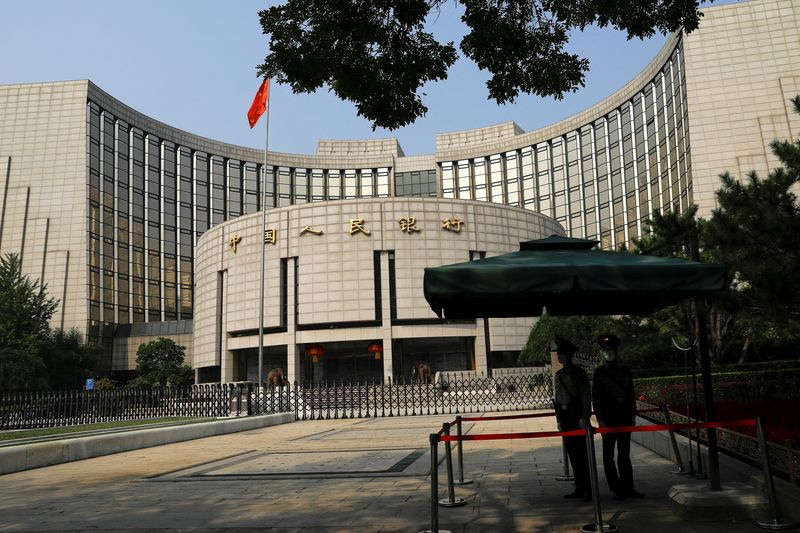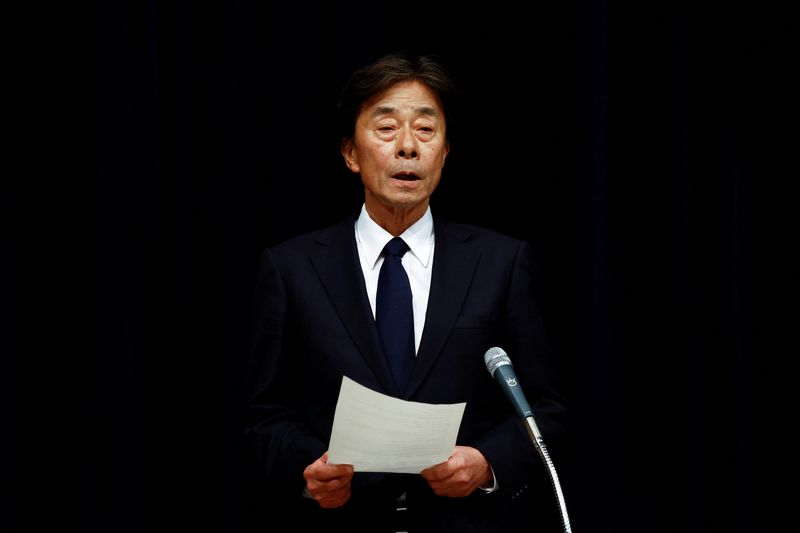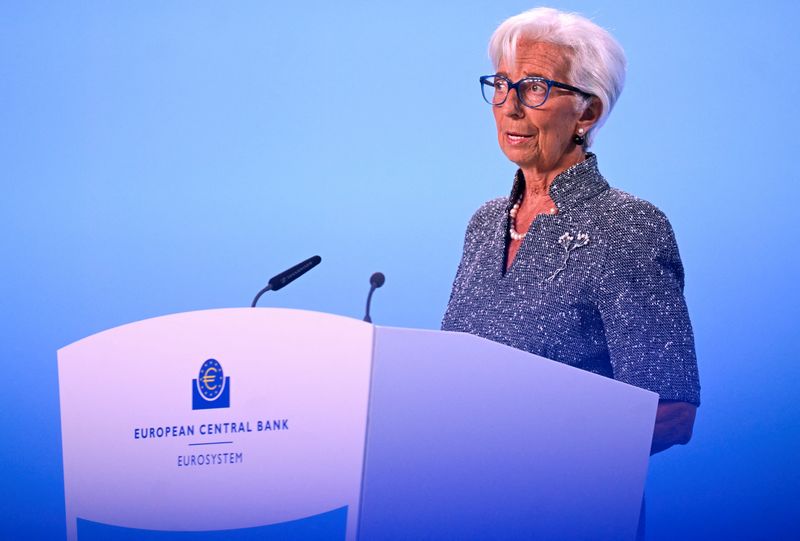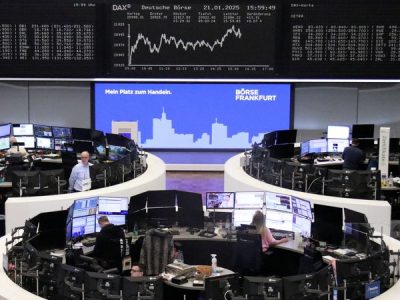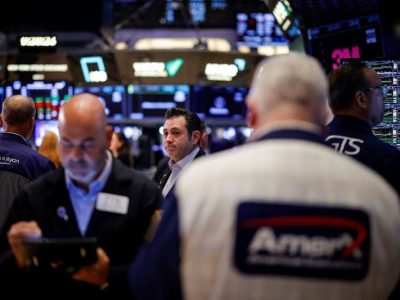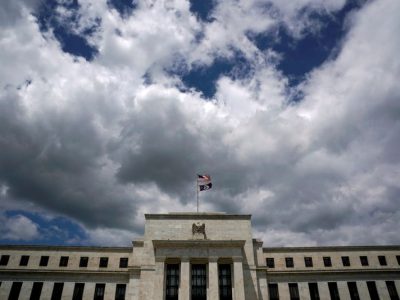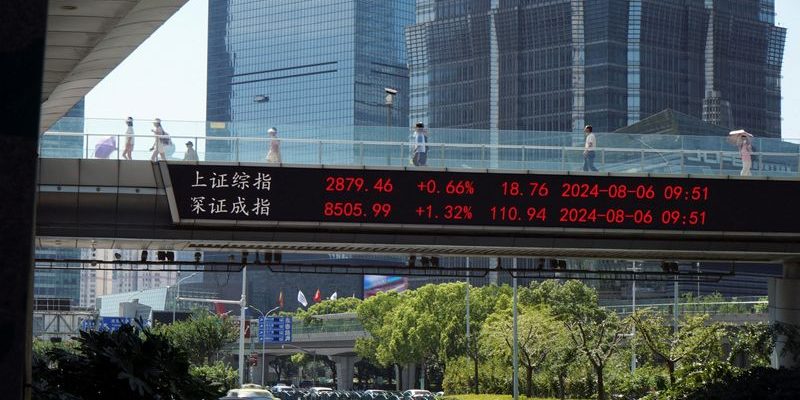
By Yantoultra Ngui and Kane Wu
SINGAPORE (Reuters) – U.S. interest rate cuts and China’s economic stimulus package for markets will be conducive to private equity deals in Asia, with lower funding costs and better market sentiment expected to make exits easier, industry players said.
The U.S. central bank last week cut interest rates for the first time in more than four years, with more easing expected. High interest rates over the past two years have weighed on private equity firms’ financing costs, making leveraged buyouts trickier.
China, on the other hand, this week unveiled broader-than-expected monetary stimulus and property market support measures to restore confidence in the world’s second-largest economy, with more fiscal measures expected to be rolled out soon.
Private equity firms typically exit from their portfolio firms via initial public offerings of shares and trade sales, which have been made tougher due to the volatile market conditions.
“With the Fed entering a rate-cut cycle, we expect financing conditions to improve which will likely drive a recovery in exit activity and asset valuations, narrowing the valuation gap between buyers and sellers and creating more opportunities for dealmaking,” Janice Leow, head of Swedish private equity firm EQT (ST:EQTAB) Private Capital Southeast Asia, told Reuters.
She added that liquidity would improve, creating a more favorable backdrop for private equity firms to achieve strong exits.
A senior private equity investor, focusing on Asia, said the rally in the Asian stock markets would be helpful to get companies listed and get the “valuations back up to reasonable levels” for a lot of the portfolio companies.
PE-backed mergers and acquisitions in the Asia Pacific, including Japan, jumped 14% on-year to $105 billion in the first three quarters this year, according to LSEG data, largely boosted by the $16 billion takeover of Australian data centre provider AirTrunk by a Blackstone-led consortium.
Still, the number of new deals plunged 43% from the same period last year.
Asian markets have climbed this week following the unveiling of China’s stimulus measures, and latest data showing consumer confidence dropped by the most in three years have fueled expectations of another bumper rate cut in the U.S.
“We are hopeful and optimistic that rates coming down will be positive for exits by GPs,” said an executive at one of the world’s biggest institutional investors, referring to general partners or fund managers which make the investment decisions for a PE firm.
Blackstone (NYSE:BX) is one of the GPs active in monetizing their assets recently. In July, the U.S. private equity firm announced it was selling Japanese drugmaker Alinamin Pharmaceutical to a North Asian buyout fund.
“We have sold multiple companies in Japan and Korea to the other sponsors. So overall for us, I would say that finger cross (it is a) very robust exit environment,” Blackstone’s senior managing director Amit Dalmia said at a Singapore conference this week.


